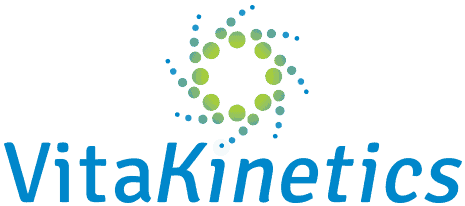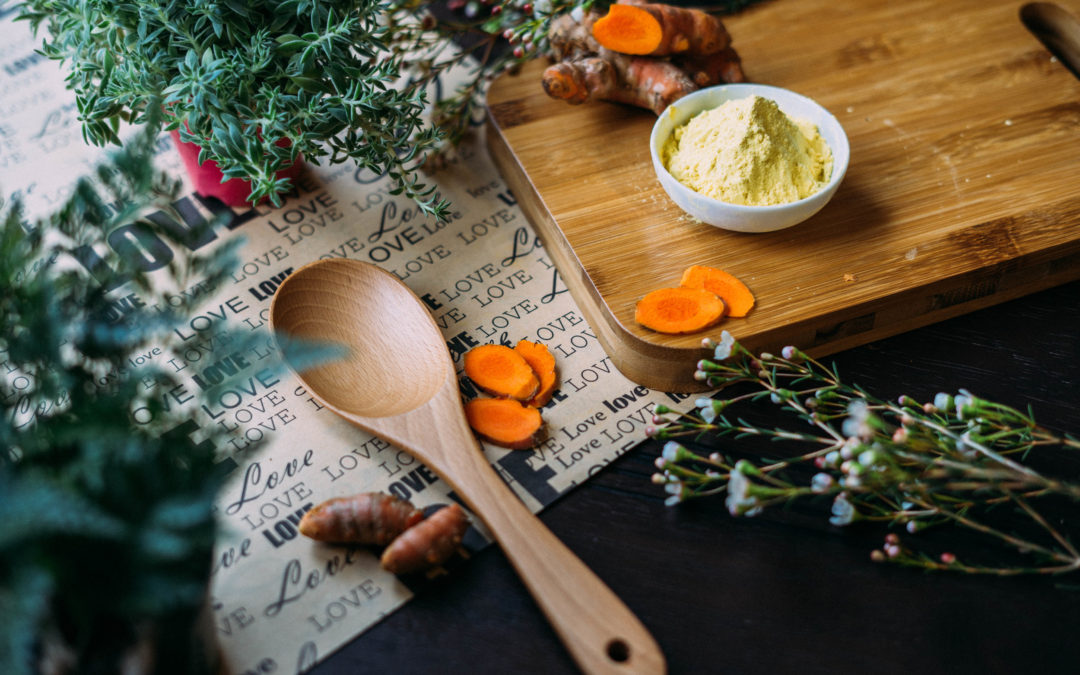Common medications to address symptoms of pain following orthopedic injury or surgery are those targeted to reduce inflammation. The problem, is that these same medications that reduce pain via inflammatory regulation also impair healing, disrupt the integrity of the gut, and increase the risk for cardiovascular events. Fortunately there is a natural remedy that does not have the negative side effects.
Turmeric is an Indian spice from the ginger family used in curry. It is the spice that gives curry its yellow color. Curcumin is derived from turmeric and is the most active form. This is important because oral absorption of curcumin tenst to be poor due to its low solubility and instability in the intestinal environment. Yet, as an herbal remedy, it is historically used as an antiseptic, antibacterial, anti-inflammatory, pain killer.
Curcumin is a natural COX-2(an inflammatory pathway) inhibitor. Thus far, there are no known interactions with prescription drugs noted on turmeric. Turmeric may be a great alternative to the typical Non-Steroidal Anti-Inflammatory (NSAID) as a modulator of inflammation without risk of cardiovascular events nor digestive impairment; two know risks associated with NSAID use. Curcumin has been shown to reduce inflammation in the gut. In a randomized controlled study of obese individuals curcumin reduced serum IL-1b and IL-4 at 1g/day. It has been linked to reduction of depression and stress, as well as increase in collagen production during wound healing. Another benefit of curcumin in combination with resveratrol (a natural component of dark berries and grapes) is a reduction of apoptosis (cell death) of chondrocytes(cells of the joint) which may play an important role in the progression of osteoarthritis and rheumatoid arthritis conditions. Interestingly, curcumin has been shown to improve the tight junctions and intestinal barrier, which is important if chronic NSAID use has been historically used resulting in a leaky gut. Curcumin also appears to have protective effects on not only the cells of the joint (chondrocytes) but also of the disc in the spine.
Typical dosing range for powdered form is up to 10-12 g daily for an adult. Although therapuetic response has been validated at 1 g/day. It is important to note, that as an herbal remedy other than mechanism of action, there remains debate about its use in combination with other antiplatelet or anticoagulation (blood thinners) drugs. One should speak to their doctor about use of Curcumin in combination. A report of Ayurvedic medicine and anaesthesia reports that there are no recommendations regarding its use in the perioperative period despite the potential for P450 inhibition(related to detoxification). Given the research is in the early stages for turmeric, there are no validated adverse reactions to date.
Research continues to be released on the benefits to using Curcumin as it relates to promoting healing as well as reducing pain via anti-inflammatory properties. The ideal from of Turmeric is to use a phosphatidycholine from soy lecithin that allows for better absorption than turmeric extract alone. This is an appropriate alternative to NSAIDs for use in chronic inflammatory conditions, as well as recovery from orthopedic injuries and surgery.
Tumeric…the yellow indian spice with magical properties to reduce pain and promote healing naturally.
Remove. Replace. Restore.
Remove excessive use of NSAIDs to control inflammation and pain.
Replace with Turmeric in cooking or supplement with curcumin, the active form of turmeric to naturally reduce inflammation and pain while promoting healing.
Restore the healing process following injury or surgery.
Eat Well. Move Well. Sleep Well. Connect Well. Supplement Well.
References:
Ayurvedic Medicine and Anesthesia
Nutraceuticals: Potential for Chondroprotection and Molecular Targeting of Osteoarthritis
Herb, Nutrient, and Drug Interactions: Clinical Implications and Therapeutic Strategies
Demethoxycurcumin from Curcuma longa rhizome suppresses iNOS induction in an in vitro inflamed human intestinal mucosa model
Investigation of the effects of curcumin on serum cytokines in obese individuals: a randomized controlled trial
Curcumin improves intestinal barrier function: modulation of intracellular signaling, and organization of tight junctions.
Curcumin and Endothelia Function: Evidence and Mechanisms of Protective Effects
Curcumin Inhibits Apoptosis of Chondrocytes through Activation ERK1/2 Signaling Pathways Induced Autophagy
Curcumin alleviates lumbar radiculopathy by reducing neuroinflammation, oxidative stress and nociceptive factors.
Curcumin synergizes with resveratrol to stimulate the MAPK signaling pathways in human articular chondrocytes in vitro.

